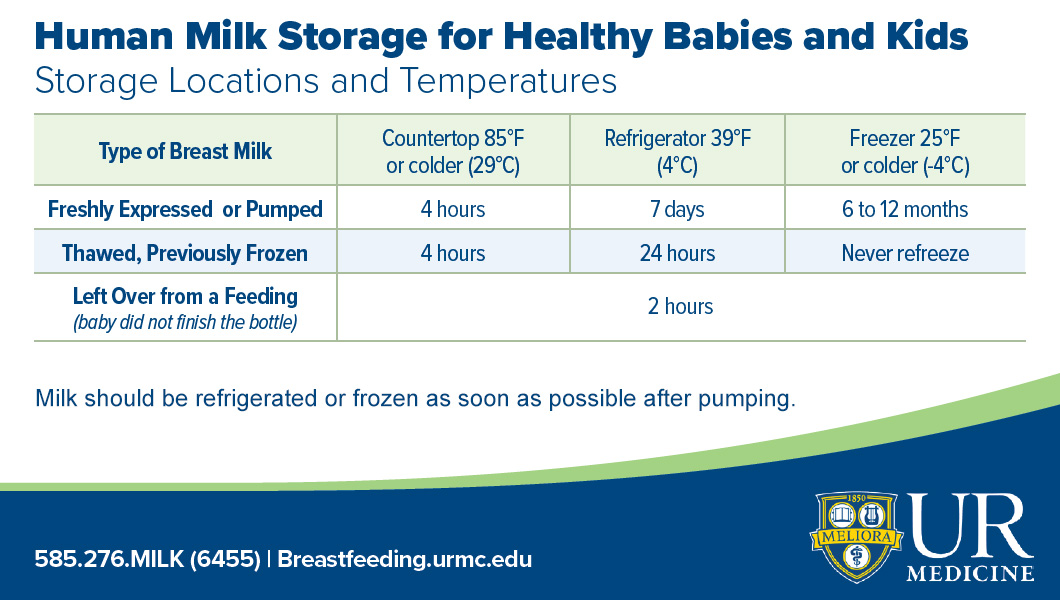Navigating Your Feeding Concerns
Navigating Your Feeding Concerns
Sometimes, breastfeeding doesn't happen as easily as you hoped. Breastfeeding Medicine services are here to give you support. We can help with medical problems and concerns that get in the way of breastfeeding, both before and after a baby is born.
Here are some of the reasons parents consult with us:
Infant and Child Concerns
- Ankyloglossia (Tongue "Tie")
- Premature/High-Risk Babies
- Infants and Children with Food Protein Intolerances: Elimination Diets in Lactation
- Alternative Feeding Methods – Sometimes babies may need a substitute feeding method to get the nutrients they need to stay healthy. It is important that you use methods that will not result in the refusal of traditional breastfeeding when they are ready.
- Nipple Shields – A nipple shield is a thin piece of silicone or rubber that is placed over the nipple and areola during breastfeeding.
- Triple Feeding – Triple feeding is when you breastfeed, then pump and use supplementing feeding methods all in the same session.
- Hypoglycemia Discussed in the Birthful Podcast
Dr. Casey Rosen-Carole, Director, joined The Birthful Podcast to share information about how conditions that increase a newborn's risk of hypoglycemia impact initial breastfeeding.
Mother/Parent Concerns

- Low Milk Supply
- Getting Your Milk Production Started with Prenatal Hand Expression
- Safe Breastfeeding After Anesthesia
- Breastfeeding, Lactation, & Multiple Sclerosis
- Breastfeeding, Lactation, & Rheumatoid Arthritis
- Breastfeeding, Lactation, & Marijuana
- Treating Yeast While Breastfeeding
- Nipple Shields – A nipple shield is a thin piece of silicone or rubber that is placed over the nipple and areola during breastfeeding.
- Induced and Co-Lactation Feeding – A person does not need to give birth to be able to breastfeed, chestfeed or lactate. This decision can be made as a family, along with who will participate.
- Find information on some of the common breastfeeding questions. Dr. Casey Rosen-Carole, Director, has been featured in a number of Second Opinion Myth or Medicine episodes.
Milk Expression and Management
- Hand Expression: Step by Step – A step-by-step guide to express your breast milk by hand.
- Read detailed guidelines for pumping and storing breastmilk.
- A Guide to Human Milk Sharing – A low milk supply or the inability to make breast milk should not hold you back from giving your baby human milk. Formal human milk sharing happens through Human Milk Banks.
- Download a copy of our human milk storage guidelines.

Common Breastfeeding and Lactation Questions and Concerns
- Rooming-In – Benefits for the parent and newborn when the newborn isn't separated from the parent during the hospital stay.
- Cluster Feeding – Cluster feeding is when babies space feedings closer together at certain times of the day and then go longer between feedings at other times. This commonly occurs in the evening or night and often coincides with the baby’s fussy time.
- Sore and/or Cracked Nipples – Sore and/or cracked nipples are a result of not obtaining a deep latch and can be a frustrating experience for breastfeeding parents. If you are experiencing sore and/or cracked nipples, you should be evaluated by a trained lactation professional.
- Engorgement Management – As your milk supply begins, it is normal for you to feel mild heaviness, warmth and swelling in your breasts. Engorgement is when your breasts are tender, swollen, firm, warm, and/or lumpy to touch.
- Latching – Latching is the process by which a baby attaches to the mother’s breast to feed. Lots of people assume that this comes naturally, but in reality it’s more of a skill that you and your baby need to learn together.
- Breastfeeding Has Its Ups and Downs
- Soft Breasts (1 Month)
This doesn't mean you have run out of milk! It's just your body's normal adjustment to how much your baby needs. - Baby Gets Busy (4 to 6 Months)
Your baby may lose interest in breastfeeding, or pull away more often. This is a phase, don't give up! Nurse in quiet, dark rooms - and if your baby doesn't want to nurse, try again later ... no need for a bottle. - Little Support from Family & Friends (9 to 12 Months)
Don't worry, you know that breastfeeding is best for at least one year, if not two and more! You can address negative comments however you'd like, but don't let them knock your confidence. - Worried About Biting
Babies sometimes check to see if biting is okay. Teach them not to bite by gently, but firmly taking them off the breast whenever they bite. They will learn quickly so that you won't have to stop breastfeeding. - Cluster Feeding
Your baby may occasionally nurse a LOT for two to three days. This doesn't mean you ran out of milk - it's baby's way of letting you know to make more. - Back to Work
You don't need to stop nursing if you go back to work. Federal and State Law guarantee you time and space to pump breast milk. We can help with getting a pump and tips for storing milk.
- Soft Breasts (1 Month)
LGBTQI+, Lactating, Breastfeeding, and Chestfeeding
- At UR Lactation Medicine, we use our expertise in the physiology and mechanics of feeding to help you develop a lactation plan that works for you and your family, using all of your unique strengths!
- Considerations for families who identify as LGBTQI+
Concerns about Breastfeeding, Human Milk and Medications or Environmental Exposures
For patients: MothertoBaby UR Medicine, call Call (585) 275-3638 or 1 (844) 352-3420 (toll-free) or email MotherToBaby@urmc.rochester.edu (M-F 9:00 a.m. - 4:00 p.m.)
For providers: Lactation Study Center, call (585) 275-0088; or email lsc@urmc.rochester.edu